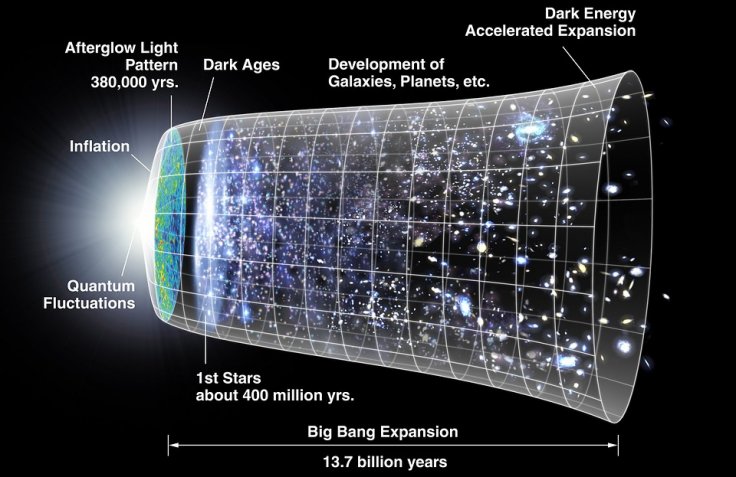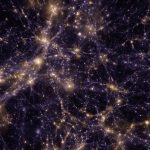Key Takeaways:
- Scientists propose an alternative theory to the Big Bang for the origin of the universe.
- The new theory suggests the universe emerged from a black hole of a previous cosmos.
- Researchers at the Perimeter Institute challenge the conventional singularity-based Big Bang theory.
- They propose that a fourth-dimensional black hole from another universe created our cosmos.
- This theory addresses the long-standing “information paradox” associated with black holes.
In a groundbreaking departure from the conventional wisdom of the Big Bang theory, scientists are now postulating a radical alternative regarding the inception of the universe.
The new theory contends that the cosmos we inhabit did not originate with a cataclysmic explosion but instead emerged from the depths of a black hole in a preceding universe. This audacious proposition, set forth by researchers at the Perimeter Institute, challenges the prevailing belief that the universe began with a singularity.
The conventional Big Bang hypothesis posits that the universe burst into existence from an incomprehensible, uniform, and unpredictable singularity. However, the Perimeter Institute researchers find this notion increasingly implausible. They argue that black holes, rather than singularities, are more likely to serve as the cradle of celestial bodies, particularly stars, while also playing a role in their destruction.

According to this novel theory, our universe owes its existence to a fourth-dimensional black hole originating from another universe. Consequently, we reside beyond the event horizon of this cosmic phenomenon, suggesting that other universes may have similarly arisen from black holes within a hypothetical “parent universe.”
One of the key enigmas this theory addresses is the long-standing “information paradox” associated with black holes. The conventional understanding of black holes suggests that all information and physical matter that ventures into these cosmic enigmas is irrevocably lost. However, this new perspective challenges that assumption by proposing that matter entering a black hole might not be obliterated but instead could serve as the foundation for the creation of an entirely new universe.
The Perimeter Institute is not the sole proponent of unconventional theories concerning the universe’s origins. While scientists have made significant progress in explaining events following the Big Bang, many questions remain unanswered about what preceded it.
How did the cosmic explosion originate? What circumstances led to the extreme conditions necessary for a universe to form, teeming with celestial bodies, before the advent of spacetime itself? This new theory represents a significant stride toward unravelling the profound mystery of our universe’s creation, potentially reshaping our understanding of the cosmos.
Check out this video about the theory’s basic ideas:


